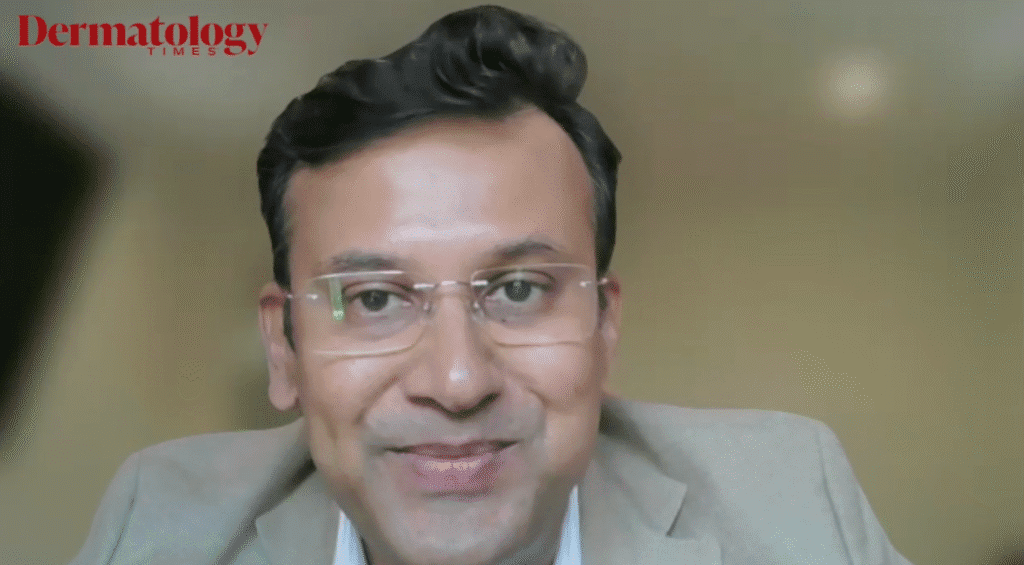The Future of Regenerative Aesthetics: A Chat with Prithwiraj Maitra, PhD
In recent discussions, Prithwiraj Maitra, PhD, Vice President of Global Skincare R&D at Allergan Aesthetics, shared his insights into the burgeoning field of regenerative aesthetics and the impact of growth factor skincare on Dermatology. This innovative approach promises transformative benefits for both patients and healthcare professionals.
Transformative Benefits of Regenerative Skincare
Immediate and Long-term Effects
Patients opting for regenerative skincare can anticipate a variety of benefits:
-
Short-Term Improvements:
- Enhanced hydration
- Smoother skin texture
- Visible reduction in redness
- Long-Term Benefits:
- Increased skin firmness
- Diminished fine lines and wrinkles
- Overall rejuvenation of the skin
A standout product in this realm is SkinMedica’s TNS Advanced+ Serum, clinically proven to improve smoothness and reduce fine lines. Uniquely, it is the only growth factor skincare product shown to effectively address sagging skin.
The Exciting Future of Regenerative Aesthetics
Maitra describes the future of regenerative aesthetics as "exciting yet foundational." He emphasizes the ongoing need to explore the fundamental science behind these advancements:
"The future is exciting, but there’s a lot that we need to learn, not only for improving skin appearance but also overall skin health."
Understanding the Biological Mechanisms of Skin Aging
While progress in regenerative aesthetics is impressive, the industry is still in the early stages of deciphering how skin ages biologically. Allergan is actively investing in this area, both through internal research and collaborations with external experts.
Key Initiatives and Collaborations
One of the pivotal initiatives in this field is the “Beneath the Surface: Scientific Symposium.” This event convenes dermatologists, scientists, and leading opinion-makers to dissect crucial subjects, including:
- Skin longevity
- Medical weight loss
- Diversity in pigmentation
These discussions aim to unveil how regenerative aesthetics can be implemented effectively across diverse demographics.
The Role of Technology in Regenerative Aesthetics
Maitra also points out the increasing importance of artificial intelligence and digital technologies in discerning aging biomarkers and tailoring treatment protocols. This technological integration promises to enhance the precision and effectiveness of skincare interventions.
Educating Patients and Providers
Critical to the advancement of regenerative aesthetics is a focus on evidence-based science and transparent patient education. To achieve this, Allergan operates the Allergan Medical Institute, which provides training for healthcare providers on:
- Communicating the science behind regenerative therapies
- Managing patient expectations, particularly in an age influenced by social media and misinformation
Conclusion: A Bright Future Awaits
With ongoing research, technological advances, and patient-centered education, the future of regenerative aesthetics looks promising. Both skin health and aesthetic outcomes are set for significant improvements, marking a revolutionary shift in dermatological care. Keep an eye on this exciting field as it develops and evolves.
For more insights into skincare and regenerative aesthetics, explore resources from Dermatology Times.


